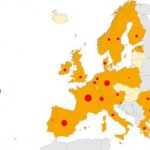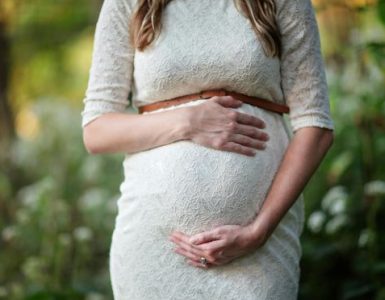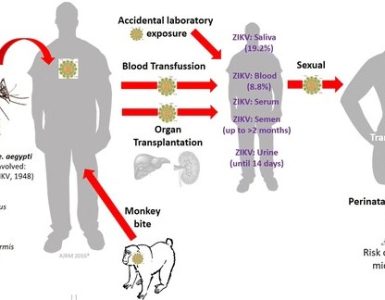
Summer mass events have the potential to quickly spread infectious diseases – especially measles – due to the large number of people, from many different countries, all meeting in the same space and time. This summer sees several mass gatherings throughout the European Union (EU), e.g. World Youth Day is anticipated to bring together over 350,000 teenages and young people from around the world.
The European Centre for Disease Prevention and Control (ECDC) monitors the European and Global situation regarding Communicable Diseases to identify at an early stage any events that pose a risk to the public health of EU citizens.
Measles is of particular interest in the context of mass gatherings. Up to 15 June 2011, more than 12,000 cases of measles have been identified by ECDC in the EU and EEA/EFTA countries through epidemic intelligence activities. The data has been acquired from publicly available information from the World Health Organization (WHO), EUVAC.Net, reports of public health institutes of Member States, ProMed articles and the media.
The majority of measles cases so far have been reported from France (7,321), Spain (1,812) and Germany (1,037). Several other EU and EEA/EFTA countries, however, now report higher number of cases compared to the same period last year: Switzerland (554), United Kingdom (345), Belgium (382), Romania (254), Italy (170), Denmark (79), Norway (26) and Sweden (17). The vast majority of case reports continue to be in un-vaccinated individuals. Cases amongst health care workers have also been reported.
The importance of pre-travel health advice in case of mass gathering events is well-known: persons travelling to these events can be exposed to infectious diseases such as measles and carry the acquired infections back to their home countries where they infect other people.
On the other hand, visitors can bring infections from their home country when attending the events, and as such, expose fellow visitors and nationals. In this context, ECDC continues to stress the importance for European citizens to be vaccinated against measles if they have not already been vaccinated or have not previously had measles. The vaccine should be administered according to their national authority recommendations.
Source: ECDC

















